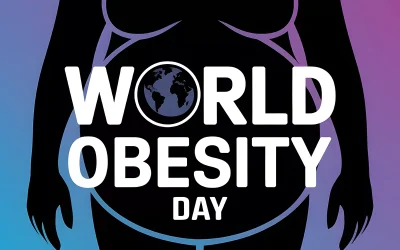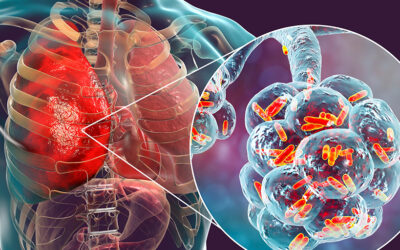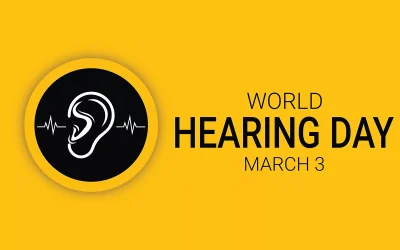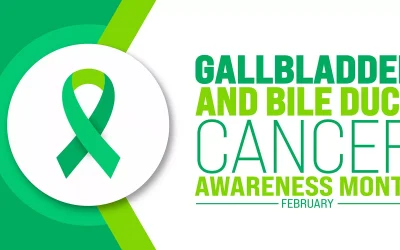Does Pain in the Lower Back Always Mean a Kidney Problem?
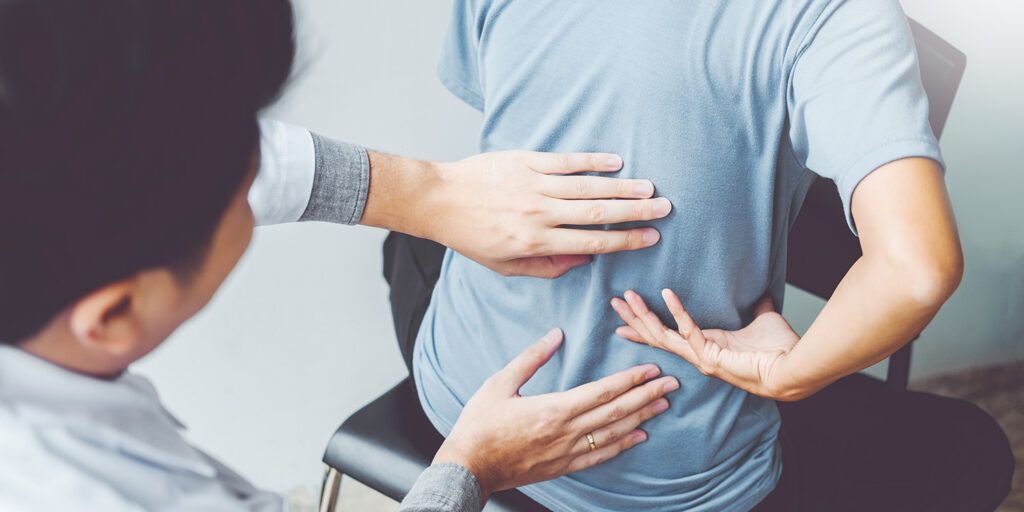
Lower back pain is one of the most common health concerns, affecting people of all ages due to various reasons ranging from poor posture to medical conditions. A common worry about lower back pain is whether it is related to any kidney problem, as the kidneys are located near the lower back. While kidney-related issues can cause discomfort in this area, not all lower back pain points to kidney problems. Knowing whether the pain is coming from muscles or from the kidneys is important, as correct diagnosis is essential for starting the right treatment. In this article, we will explore the key differences between back pain and kidney pain, common causes, warning signs, and when to consult a specialist.
Table of Contents
ToggleWhy Lower Back Pain Is Not Always Kidney-Related
In most cases, lower back pain arises from musculoskeletal causes such as strained muscles, ligament injuries, or spine conditions. Everyday activities like long hours of sitting, lifting heavy objects, or poor posture contribute to discomfort in this region. Kidney problems, on the other hand, account for a smaller percentage of back pain cases and are usually accompanied by warning signs such as urinary changes, fever, or abdominal pain. Recognising this distinction helps avoid unnecessary worry and ensures that medical care is sought only when needed.
What is the Difference Between Back Pain and Kidney Pain?
Although both kidney pain and back pain are felt in the lower back region, there are key differences that can help in identifying the cause. Back pain often arises from muscles, bones, or nerves, while kidney pain is linked to conditions affecting the urinary system. These differences can be understood by looking at where the pain occurs, how it feels, and the symptoms that come with it:
- Location of pain: Back pain is usually felt in the centre or lower spine area, whereas kidney pain is deeper and often located on one or both sides, just below the ribcage.
- Nature of pain: Muscle or spinal pain may feel dull, sharp, or shooting depending on movement. Kidney pain is often constant and may worsen during urination or with certain kidney conditions.
- Associated symptoms: Back pain is commonly linked with stiffness, tingling, or mobility issues. Kidney pain is often accompanied by symptoms such as fever, nausea, blood in urine, or increased frequency of urination.
Understanding these differences helps patients and doctors identify when a kidney issue may be the underlying cause of discomfort.
What are the Causes of Lower Back Pain besides Kidney Problems?
Lower back pain is one of the most frequent health complaints and is often unrelated to the kidneys. Some common non-kidney causes include:
- Muscle strain or poor posture: Overstretching, sudden movements, or sitting incorrectly for long hours can strain muscles and ligaments in the lower back.
- Spine conditions (slip disc, arthritis): Structural problems such as a slipped disc, arthritis, or spinal stenosis can lead to persistent pain and stiffness.
- Sciatica and nerve compression: When the sciatic nerve is compressed, pain can radiate from the lower back down to the legs, sometimes with numbness or tingling.
- Lifestyle causes (obesity, long sitting hours): Excess weight puts pressure on the spine, while sedentary habits weaken back muscles, making them prone to injury.
- Type and severity of pain: Musculoskeletal back pain may range from a dull ache to a sharp or shooting pain that changes with movement or rest.
Identifying these causes is important because the treatment for musculoskeletal pain differs from that for kidney-related pain.
When is Lower Back Pain Actually Related to Kidneys?
Although many cases of lower back pain are due to musculoskeletal reasons that can be consulted with lower back pain specialist, certain kidney problems can also cause discomfort in this area. These include:
- Kidney stones: Hard deposits of minerals and salts can cause sharp, severe pain that often radiates from the side of the back to the lower abdomen or groin. The pain may come in waves and is frequently associated with blood in urine or difficulty passing urine.
- Kidney infection: Also called pyelonephritis, this condition develops when bacteria spread to the kidneys. It can lead to dull or constant pain in the back or sides, usually accompanied by fever, chills, nausea, and urinary symptoms.
- Kidney injury: Trauma from accidents, falls, or sports can directly damage the kidneys, resulting in back pain, tenderness, and sometimes visible blood in urine.
Such cases need timely medical evaluation, as untreated kidney problems can lead to serious complications.
What are the Warning Signs of Kidney-Related Back Pain?
Kidney-related pain is rarely the only symptom. It is usually accompanied by other changes in the body that indicate an underlying problem in the urinary system. Warning signs to look out for include:
- Pain located deep in the back or sides, just below the ribs
- Blood in urine or urine that appears cloudy or foamy
- Increased frequency or urgency of urination
- Burning sensation while passing urine
- Fever, chills, or unexplained fatigue
- Nausea, vomiting, or loss of appetite
If back pain is accompanied by these symptoms, it is important to seek prompt medical attention to rule out or confirm kidney-related causes.
When Should You See a Doctor for Back or Kidney Pain?
Back pain often improves with rest, posture correction, or simple remedies. However, medical attention is necessary if the pain is persistent, worsening, or associated with red-flag symptoms. A doctor’s evaluation becomes important in situations such as:
- Severe pain that does not improve with rest or over-the-counter medicines
- Pain radiating down the legs or causing weakness and numbness
- Sudden onset of sharp pain in the back or sides, especially with urinary problems
- Accompanying symptoms such as fever, chills, nausea, or unexplained weight loss
- Visible blood in urine or changes in urinary patterns
Depending on the cause, consultation with a urologist may be advised for kidney-related issues, while an orthopaedist may be more suitable for spinal or musculoskeletal causes.
Tests to Check if Back Pain is Kidney-Related
When back pain is suspected to be linked with the kidneys, doctors may recommend certain tests to confirm the cause. These include:
- Urine tests: To detect infections, blood in urine, or abnormal protein levels.
- Blood tests: To check kidney function by measuring creatinine and urea levels.
- Ultrasound: A safe imaging method to identify kidney stones, infections, or structural issues in the urinary system.
- CT scan: CT Scan provides detailed images to detect kidney stones, tumours, or injuries.
- MRI (in select cases): MRI helps assess soft tissue and any associated complications.
These tests allow urologists to differentiate between musculoskeletal back pain and kidney-related conditions, ensuring accurate treatment.
How Can You Prevent Kidney-Related Back Pain?
While not all causes of back pain can be prevented, certain lifestyle habits can lower the risk of kidney-related pain and discomfort. Simple measures include:
- Stay Hydrated: Drinking adequate water helps prevent kidney stones and supports overall urinary health.
- Use a Warm Compress: Warm compresses or heating pads may provide temporary relief for mild muscular back pain, though they do not treat kidney conditions.
- Take Pain Relievers: Over-the-counter medicines may ease discomfort, but they should only be taken under a doctor’s advice to avoid kidney strain.
- Rest: Allowing the body to recover after strain or illness reduces stress on both the spine and kidneys.
Maintaining a balanced lifestyle with regular exercise and a balanced diet also supports kidney health and prevents recurring pain.
Why Choose Graphic Era Hospital for Back and Kidney Concerns?
At Graphic Era Hospital, we understand that back pain can be worrying, especially when there is a possibility of kidney involvement. That is why we provide precise diagnosis and tailored treatment, ensuring every patient feels supported at each step of care. We provide:
- Experienced Urologists and Orthopaedic Specialists: Our team of experts works together to determine whether the pain is linked to kidney conditions or musculoskeletal causes, ensuring patients receive the right treatment.
- Advanced Technology and Minimally Invasive Procedures: We use modern imaging systems, laboratory tests, and minimally invasive surgical options to deliver accurate diagnoses and effective care.
- Comprehensive Rehabilitation and Personalised Care: Every patient receives an individualised treatment plan along with lifestyle guidance and rehabilitation support to promote recovery and prevent recurrence.
Conclusion
Lower back pain is common, but it does not always point to a kidney problem. While many cases are related to muscles or the spine, recognising when pain is connected to the kidneys is vital for timely treatment. At Graphic Era Hospital, Dehradun, we combine advanced diagnostic tools with the expertise of our urologists and orthopaedic specialists to provide accurate care and lasting relief.
If you are looking for expert guidance and comprehensive treatment for back pain, your search ends here. To book a consultation at Graphic Era Hospital, call 1800-889-7351 and let our team guide you towards the right care.
Frequently Asked Questions
Does pain in the lower back always mean kidney problems?
No. Most cases of lower back pain are due to muscle strain, poor posture, or spinal issues. Kidney problems cause pain less often and are usually linked with symptoms such as urinary changes, fever, or nausea.
How do I know if my back pain is from kidneys or muscles?
Kidney pain is usually felt deep in the sides or just below the ribs and may be constant. Muscle pain often worsens with movement, sitting, or standing. Additional signs such as blood in urine, frequent urination, or fever point more towards kidney pain.
Where exactly is kidney pain felt in the body?
Kidney pain is typically felt on one or both sides of the back, just under the ribcage. It may radiate to the lower abdomen or groin, especially in cases of kidney stones.
Can kidney infection cause lower back pain?
Yes. Kidney infections (pyelonephritis) can cause persistent pain in the lower back or sides. Other symptoms may include fever, chills, nausea, and burning sensation while passing urine.
Should I see a urologist or an orthopaedist for lower back pain?
If the pain is linked with urinary problems, blood in urine, or other kidney symptoms, consulting a urologist is best. For pain due to posture, muscle strain, or spine conditions, an orthopaedist can help.
What tests are done to check if back pain is kidney-related?
Doctors may recommend urine tests, blood tests, ultrasound, or CT scans to detect kidney stones, infections, or other urinary system problems.
Can dehydration cause kidney pain?
Yes. Not drinking enough water increases the risk of kidney stones, which can trigger sharp pain in the lower back or sides. Staying hydrated helps maintain kidney health.
What are the warning signs of serious kidney disease?
Signs include persistent back or side pain, swelling in the legs, reduced urine output, blood in urine, high blood pressure, and constant fatigue.
Where can I find treatment for kidney-related back pain near me in Dehradun?
Graphic Era Hospital, Dehradun, offers specialised care for back pain and kidney problems with experienced urologists, orthopaedic doctors, and advanced diagnostic facilities.
How do hospitals in Dehradun treat kidney-related back pain?
Treatment depends on the cause. Kidney stones may be managed with medicines or minimally invasive procedures, while infections are treated with antibiotics. At Graphic Era Hospital, both diagnosis and treatment are provided under one roof.
By Specialities
- Bariatric Surgery
- Cancer Care
- Cardiology
- Dental
- Dermatology
- Diabetes & Endocrinology
- Endocrinology and Diabetes
- ENT (Ear Nose Throat)
- Eye Care
- Gastroenterology
- Haematology
- Health Awareness
- Health Care
- Health Tips
- Hematology
- Hepatology
- Internal Medicine
- Mental Health and Behavioural Sciences
- Metabolic
- Neonatology
- Nephrology
- Neurology
- Nutrition & Dietetics
- Obstetrics & Gynaecology
- Oncology
- Ophthalmology
- Orthopaedics
- Paediatric
- Physiotherapy & Rehabilitation
- Plastic and Reconstructive Surgery
- Psychology
- Pulmonology
- Rheumatology
- Spine
- Urology
Recent Posts
Need expert medical advice?
Share your details and our healthcare specialists will reach out to assist you.
By proceeding, you acknowledge and agree to our Privacy Policy, Terms of Use, and Disclaimer.
